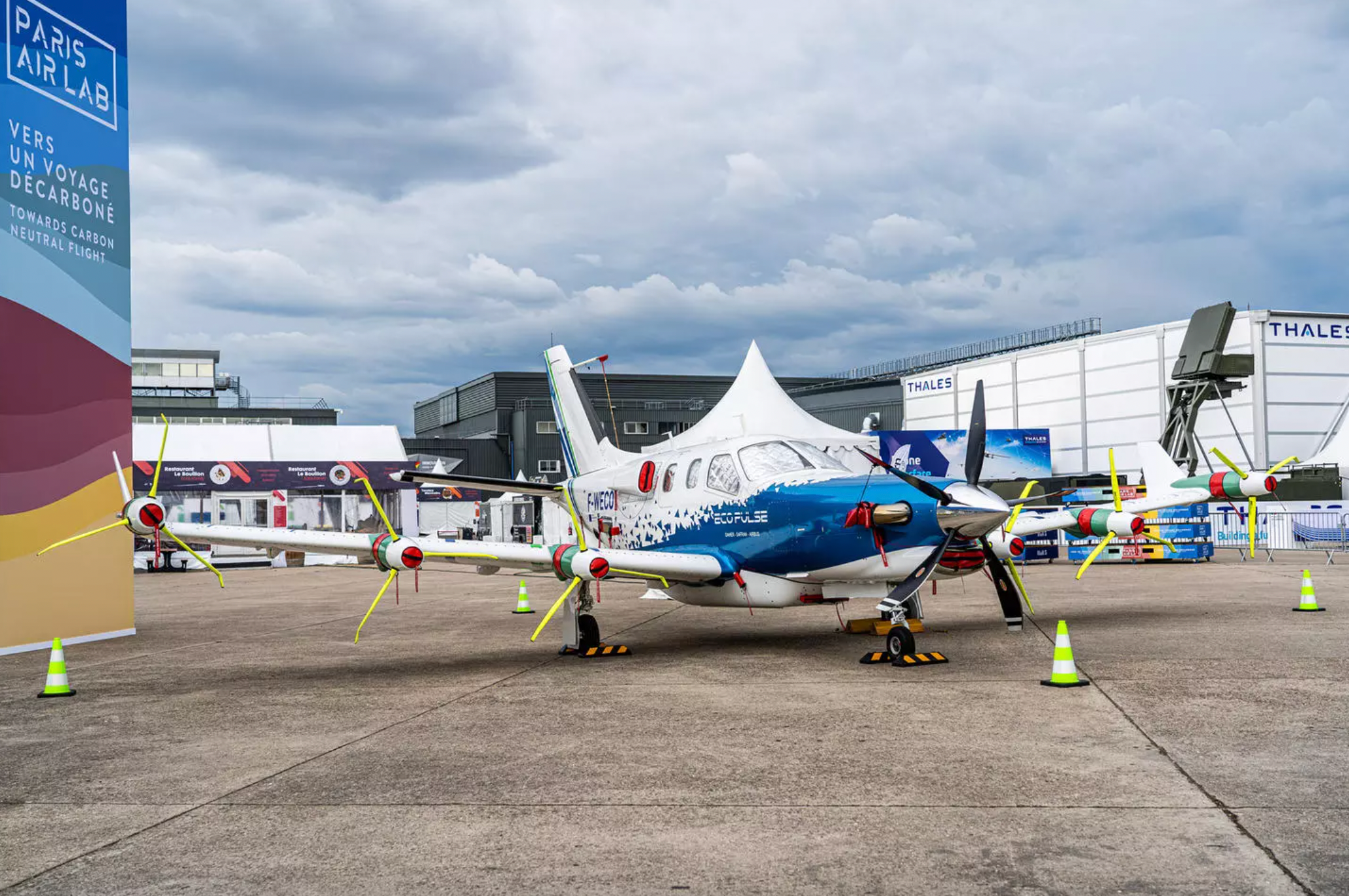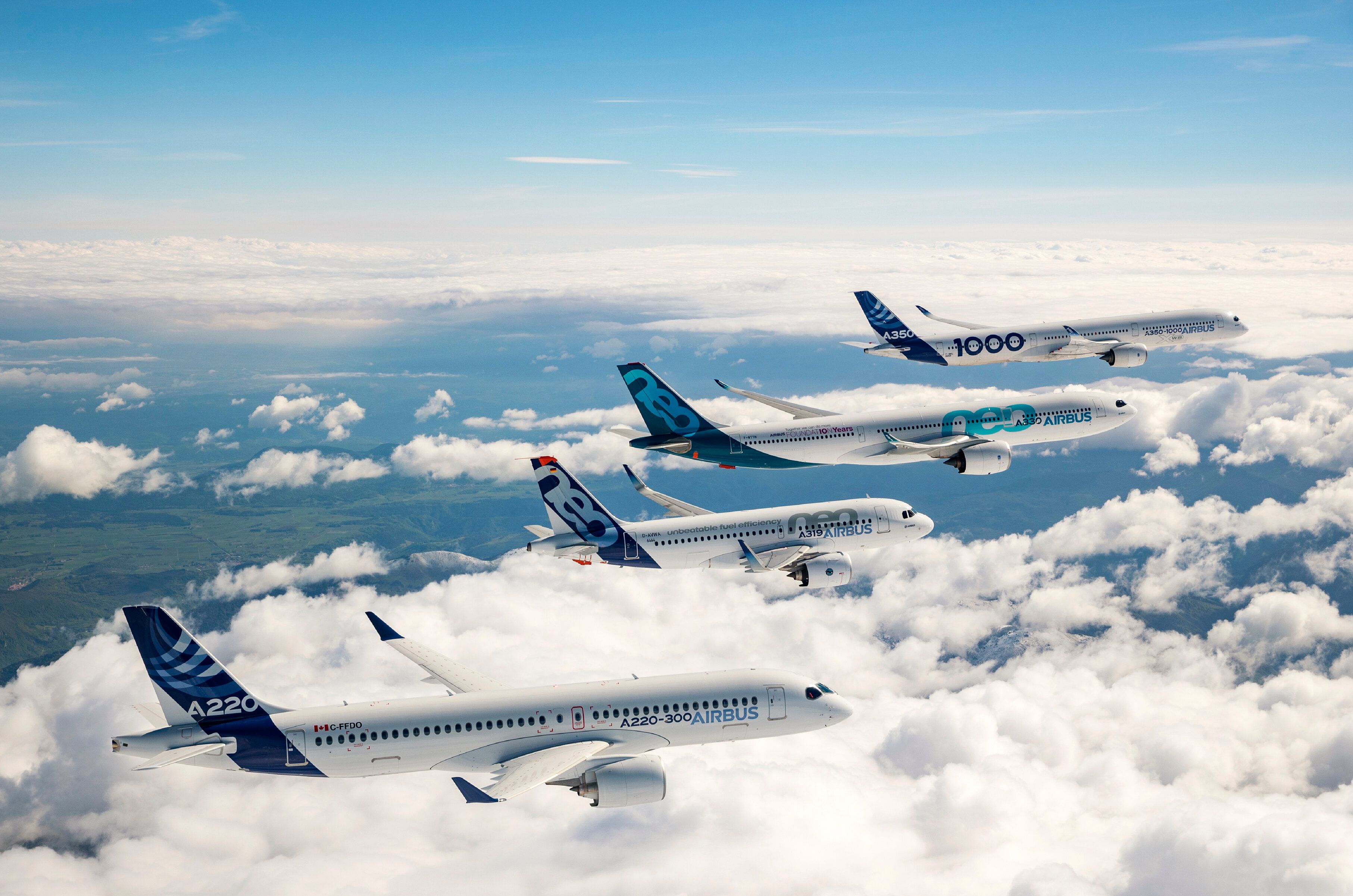Summary
- Airbus is leading the way in sustainable aviation with initiatives like the EcoPulse hybrid-propulsion program, which aims to improve aircraft performance through distributed propulsion.
- Collaborating with Daher and Safran, Airbus has successfully tested its EcoPulse demonstrator in wind tunnels, bringing them closer to their goal of minimizing environmental impact.
- The EcoPulse program is part of Airbus' decarbonization goal, contributing to a net zero aviation ecosystem by 2050, with hybrid propulsion playing a key role in the long term.
Airbus has been at the forefront of innovation when it comes to adapting to long-term sustainability goals. One such initiative is its EcoPulse hybrid-propulsion program, which involves a demonstrator aircraft leveraging the advantages of distributed propulsion to improve performance.
Covering all angles
The European aircraft manufacturing powerhouse made waves with the announcement of its hydrogen-based ZEROe program. The HyPERION pilot project dives deeper into hydrogen propulsion for civil aviation, while Airbus is testing the power balance between engines and hydrogen-powered auxiliary power units (APUs).
EcoPulse primarily looks at the prospects of distributed propulsion. It is evaluating its potential integration into the aircraft models of the future. In a nutshell, distributed propulsion breaks down “thrust generation among many small engines distributed along the span.”
As Airbus explains:
By minimising the power of each propulsor and, as a result, its mass, distributed propulsion could unlock a range of possibilities for improved aircraft performance.
Advancements include better cruise, improved takeoff and landing, reduced cabin noise amid greater calibration between the many propellers, and more energy savings due to the reduction in tail service.
Get the latest aviation news straight to your inbox: Sign up for our newsletters today.
Working together
Airbus is collaborating with fellow European aviation forces Daher and Safran on the demonstrator. The plane involved is a modified Daher-Socata TBM 900 turboprop, adapted with six wing-mounted propellers.
Concerning Airbus, the company has been developing a high-energy-density battery that will be utilized as an electric source for four of the aircraft’s propellers. It has also been working on the integration of the propulsion system while introducing a new flight control computer system.
Read the latest Airbus news here.
The bigger picture
All in all, this program is part of Airbus’ decarbonization goal. The company targets a net zero aviation ecosystem by 2050. Decarbonization is one of four sustainability commitments, along with a sustainable supply chain product, responsibility, and zero-emission technology. While sustainable aviation fuel (SAF) will be integral in the short term, hybrid propulsion will be a crucial feature in the long run.
Thus, Airbus concludes:
"Other key project objectives include the following:
- To identify the methods, tools and outcomes needed for the design of a distributed-propulsion aircraft
- To flight-test a new high-voltage-battery configuration and support flight clearance
- To improve alternative-propulsion simulation models for use on larger aircraft
- To evaluate the design’s aerodynamic gains (reducing wing surface area and wingtip marginal vortices for less drag)"
There has been significant progress with the program. Daher has performed test flights in Tarbes, France, with Safran's unpowered e-Propellers this year. Each unit was tested with a three-bladed propeller backed by a Safran ENGINeUS electric motor.
This testing gave Airbus and its counterparts the confidence to proudly display the aircraft at the Paris Air Show this summer. Next, the demonstrator will be fitted with six activated wing-mounted e-Propellers as it seeks distributed hybrid electric flight later this year.
What are your thoughts about the program? What do you think of the overall prospects? Let us know what you think in the comment section.


